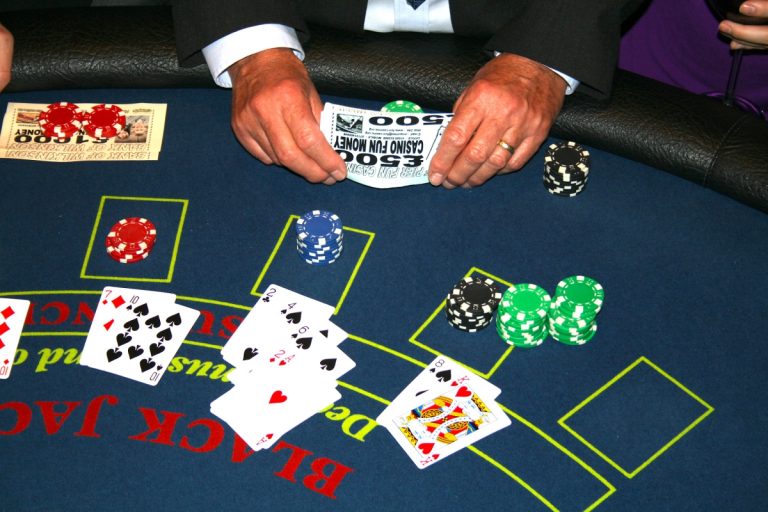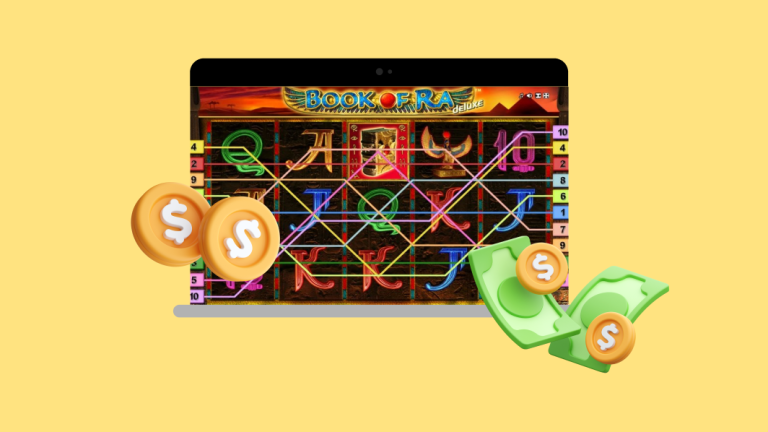The Night I Accidentally Became a Problem Gambler (Warning Signs I Missed)
It wasn’t supposed to happen to someone like me. I had rules, limits, self-control. I was the guy who lectured friends about responsible gambling while setting strict weekly budgets.
Then I found myself at 3 AM, hands shaking, having just lost my car payment on a single blackjack hand. The scariest part? I couldn’t pinpoint when recreational betting became an obsession. The transition was so gradual that I missed every warning sign.
If you think you’re too smart or disciplined for problem gambling, I thought the same thing. Let me show you how it creeps up when you’re not looking.
Regulated platforms like Casino Rich Royal demonstrate comprehensive responsible gaming integration through SSL encryption security, 24/7 French-speaking support, mandatory account verification, transparent bonus conditions across their €7,500 welcome package, self-exclusion tools, and educational resources designed to help players recognize problematic behaviors before they escalate into serious issues.
How It Started (And Why I Didn’t See It Coming)
I began with $50 weekly sports bets. Strict rule: never exceed that amount. For six months, I stuck to it religiously. Won some, lost some, stayed within budget.
The first crack appeared during March Madness. My bracket was performing well, so I decided to “invest” my winnings in additional games. Not my weekly $50—this was just reinvesting profits.
Warning sign #1 I missed: Creating exceptions to my own rules using mental accounting tricks.
The Gradual Shift
Month 7: Started betting on Tuesday and Wednesday games instead of just weekends. My reasoning? “I’m not betting more money, just spreading it across more days.”
Month 8: Increased my weekly limit to $75 because I’d gotten a raise at work. “I can afford it now.”
Month 9: Began chasing losses with “smart” double-down strategies. “This isn’t problem gambling—I’m being strategic.”
Around this time, I also started exploring faster-paced games like aviator bet options, convincing myself that quick crash games were just another strategic diversification of my betting portfolio rather than acknowledging the increased risk and addictive potential.
Month 10: Started using credit cards when my dedicated gambling funds ran out. “It’s just temporary until my next paycheck.”
Each change felt logical in isolation. But together, they were dismantling every safeguard I’d built.
The Night Everything Unraveled
I’d lost $200 that week and felt behind. Sat down for “just one quick session” to recover some losses before bed.
11 PM became midnight. Midnight became 2 AM. By 3 AM, I was down $850—money earmarked for my car payment.
The final bet: $400 on a single blackjack hand. All or nothing. If I won, I’d be close to even. If I lost… I lost.
I lost.
Warning sign #2 I missed: Using “scared money”—funds I couldn’t afford to lose.
Warning Signs I Completely Ignored
Time distortion became normal. “Quick sessions” routinely lasted 3-4 hours. I stopped checking the clock because seeing the time would break my focus.
I developed elaborate justification systems. Every loss became a learning experience. Every near-miss proved I was “getting closer.” Bad beats were just bad luck, never poor decision-making.
My gambling vocabulary changed. I stopped calling them “losses” and started calling them “investments in my learning curve.”
I began hiding activity from myself. Used different browsers for different gambling sites, so I wouldn’t see my total spending across platforms.
Sleep patterns shifted around gambling. Stayed up late for West Coast games, woke up early for European soccer. My schedule revolved around betting opportunities.
Critical insight: Problem gambling doesn’t announce itself. It disguises itself as strategic thinking, passion for sports, or harmless entertainment.
The Recovery Reality Check
After that $850 night, I forced myself to add up three months of activity. Holy hell: $2,400 down the drain. That was my vacation fund, my emergency buffer, money I was supposed to be saving.
But here’s what really hit me: I’d been spending about 15 hours every week on this stuff. Research, placing bets, checking scores, calculating what I could have won. That’s 180 hours over three months. I basically worked a full-time job for free—except I paid them.
Practical Warning Signs to Watch For
Money gets weird. You start putting bets on credit cards, asking friends for loans, or “borrowing” from money you need for other stuff.
Your priorities flip. Missing sleep for late games becomes normal. Skipping social plans because you have “research” to do. Work suffers because you’re tracking bets instead of focusing.
Your mood depends on betting. Can’t bet today? You feel restless and annoyed. Bad day at work? Time to place some bets to feel better. Gambling becomes your go-to for dealing with anything stressful.
Rules become suggestions. That $50 weekly limit? Well, you got a bonus at work, so $75 is fine. Lost this week? Double down next week to catch up. Every rule gets bent until it breaks.
You start hiding things. Using different browsers so you can’t see your total activity. Not mentioning wins or losses to friends. Creating mental categories where some bets “don’t count” toward your limits.
Something that actually works: Ask your bank to send you weekly summaries of all transactions to gambling sites. When you see those numbers in your inbox every week, the self-deception stops working.
What Nobody Wants to Admit
Problem gambling has nothing to do with being weak or stupid. It’s about slowly getting comfortable with stuff that would have freaked you out six months ago. Each little change feels totally reasonable when it happens.
Watch for the small rule changes and time creep. They’re early warning signs that your recreational activity is becoming something else entirely.







